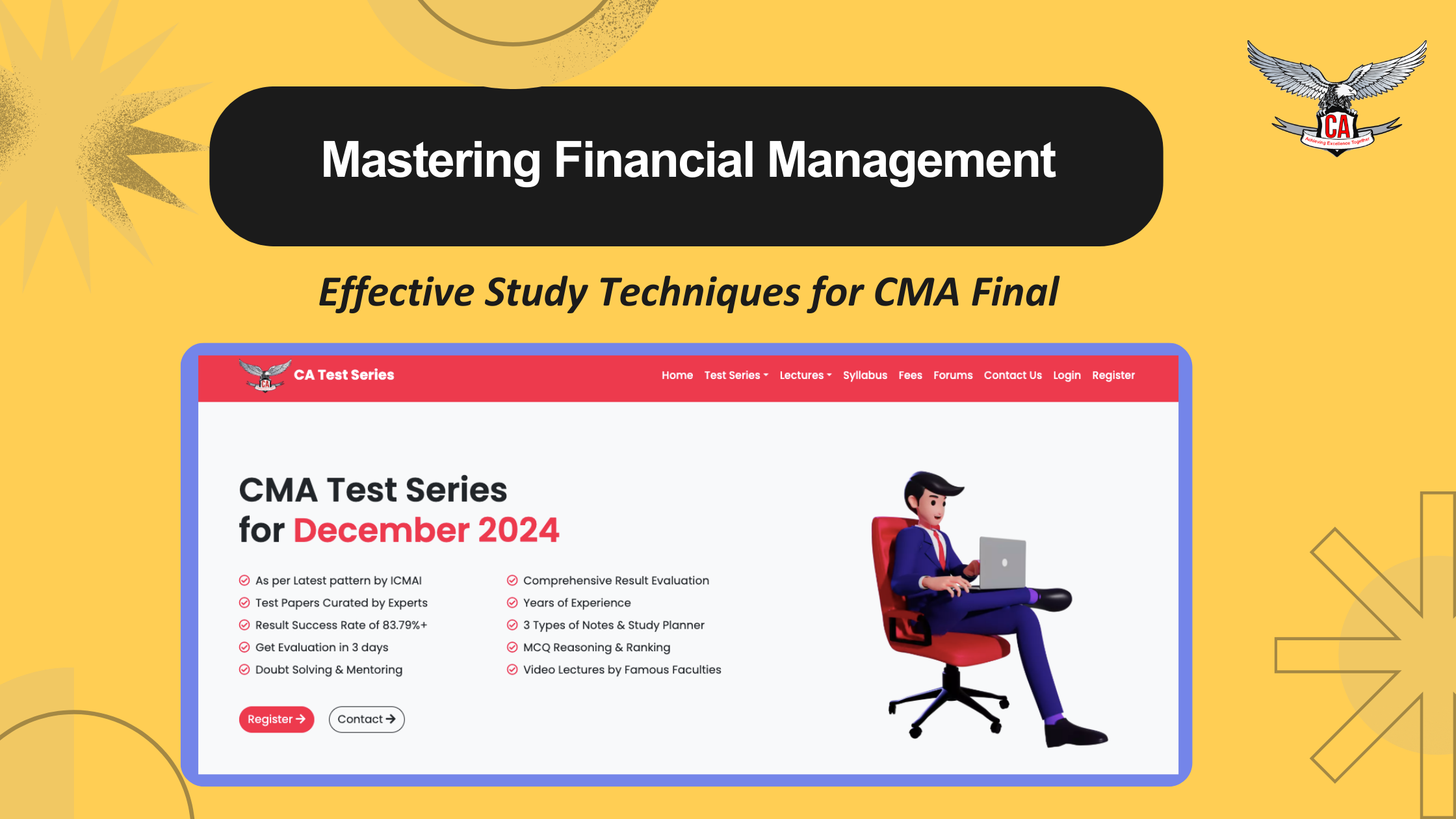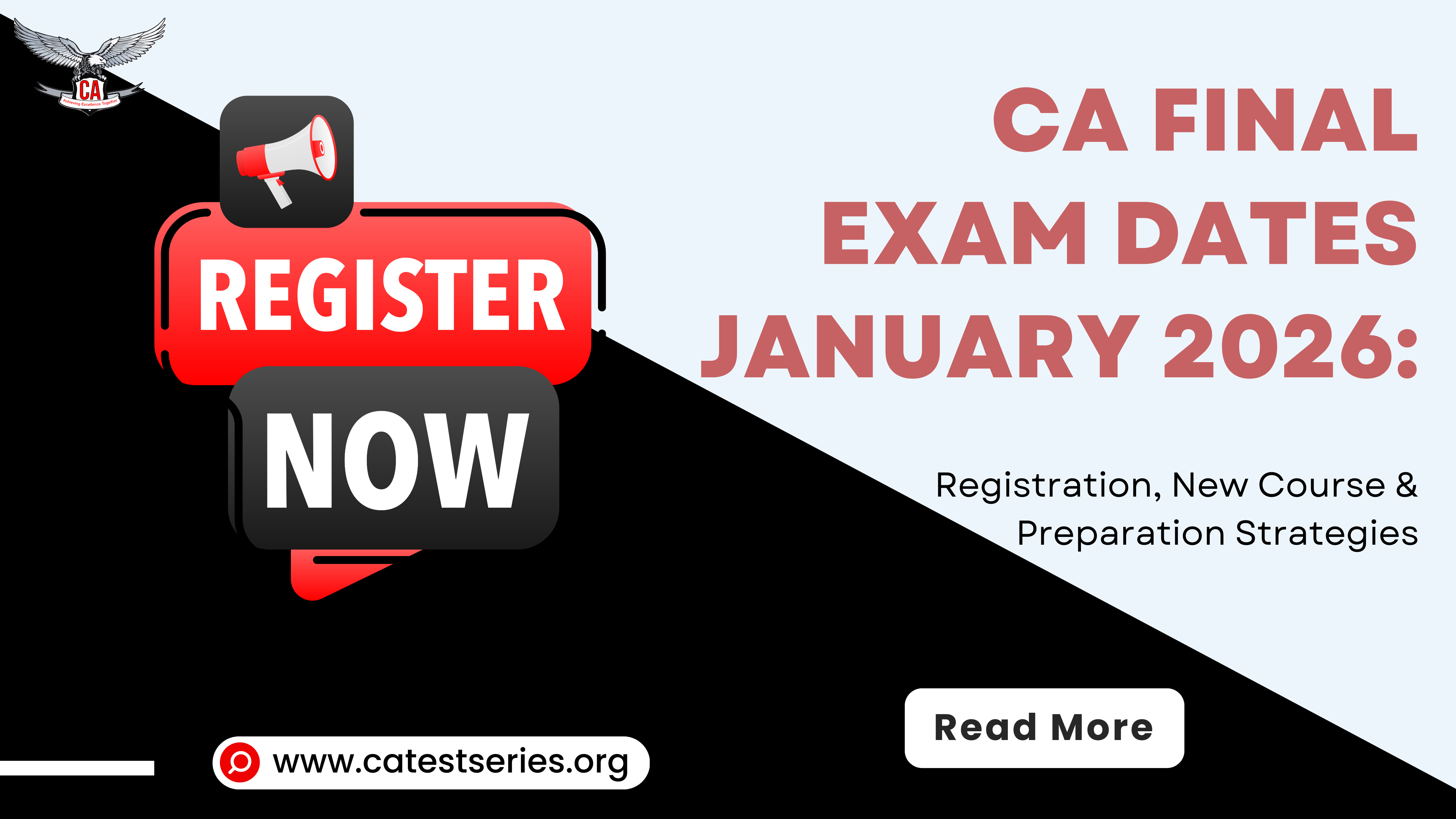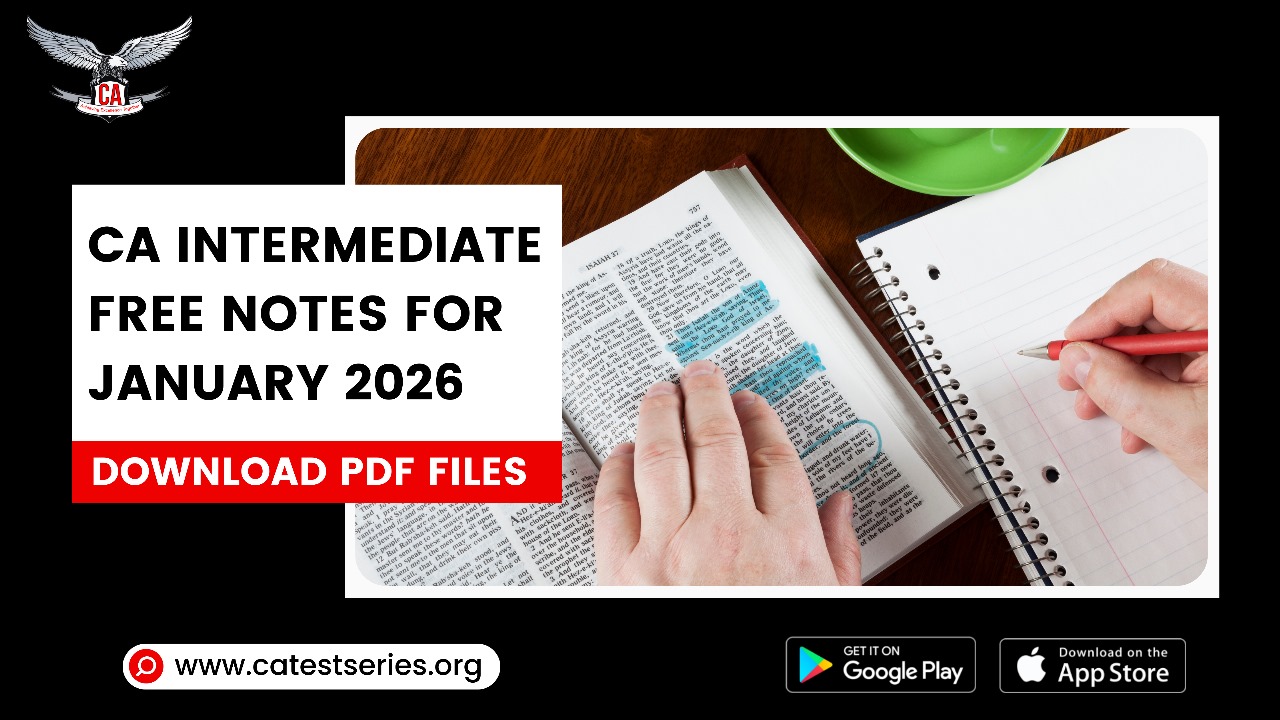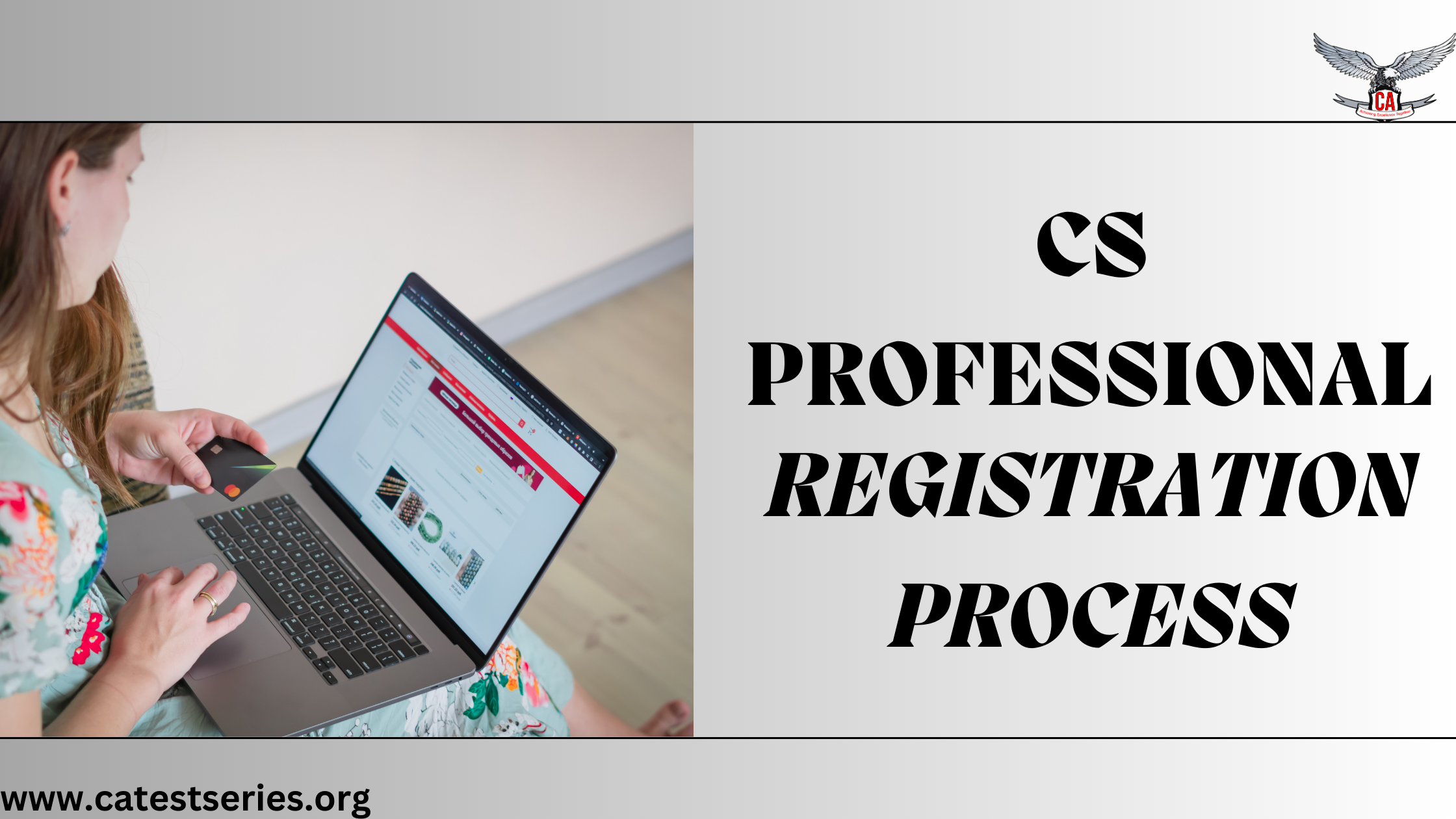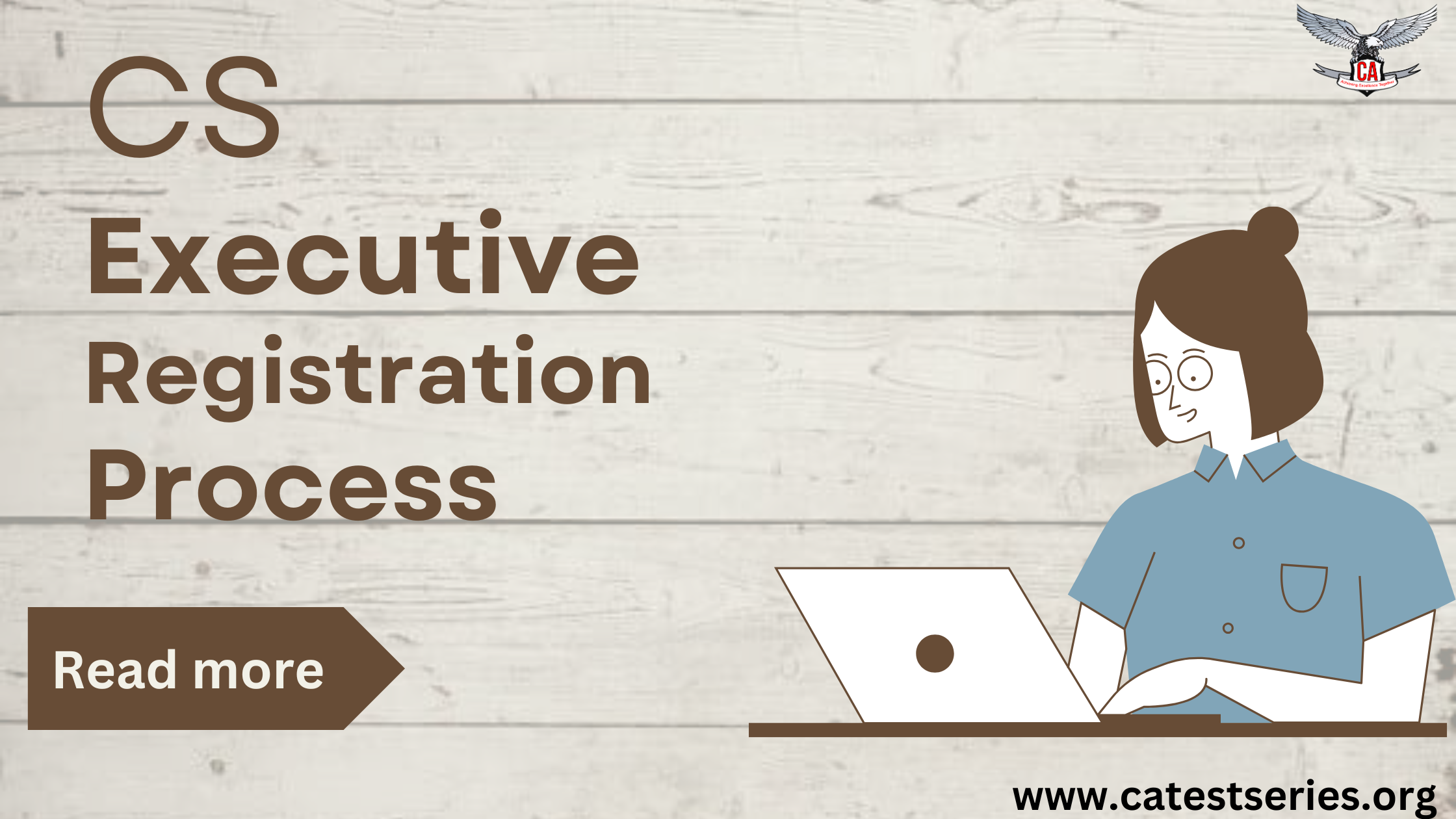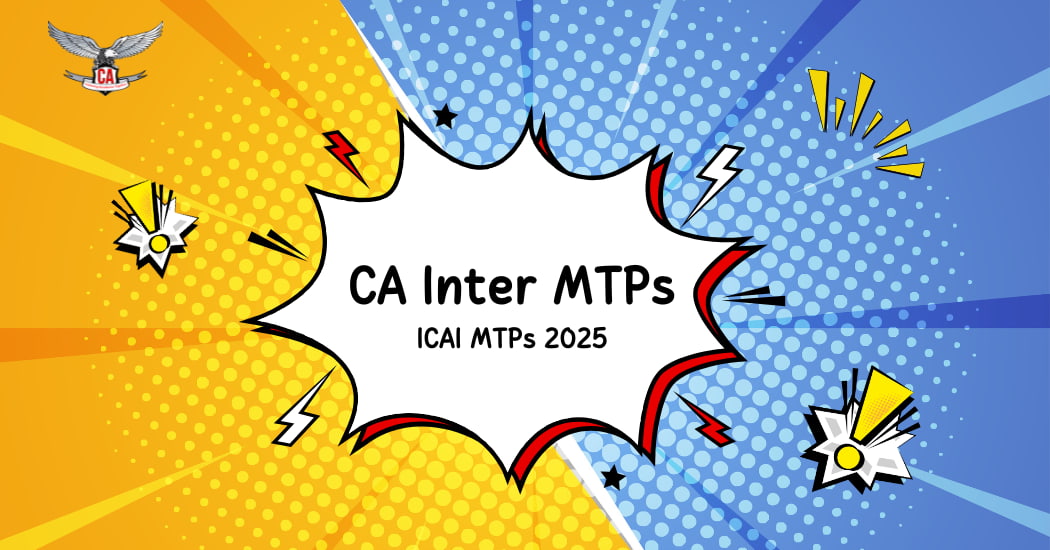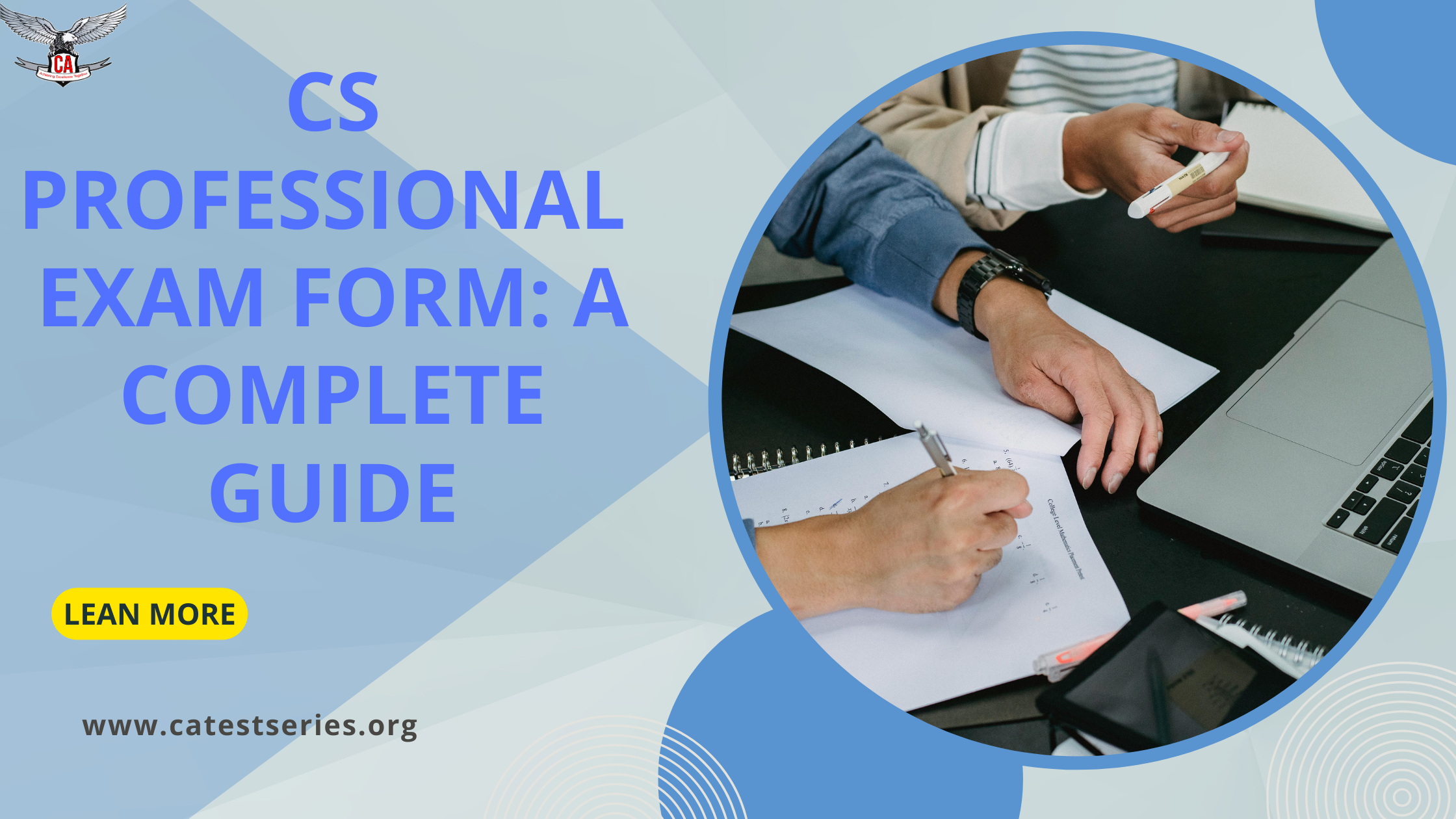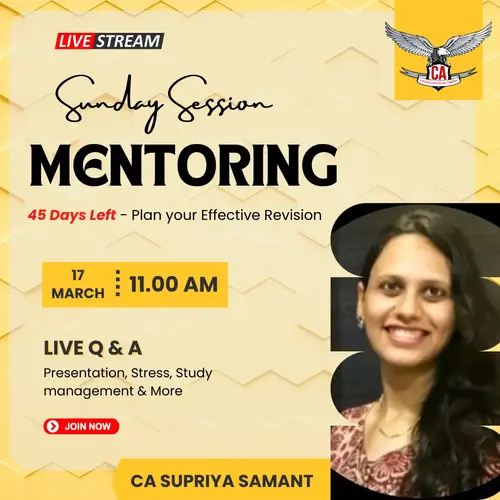Financial Management Tips for CMA Final for ICMAI 2025 Exams
Mastering Financial Management: Effective Study Techniques for CMA Final
1. What are Financial Management and CMA?
2. Study techniques for CMA final.
3. Techniques to Pass CMA Exams in Your First Attempt.
1. WHAT IS A FINANCIAL MANAGEMENT?
Financial management is a subject that involves many aspects of business, including accounting, taxation and risk management.
1. Create a budget that helps you track your income and expenses. And to know the savings and future plans.
2. Monitor cash flow and track cash inflows and outflows to identify potential cash shortages or surpluses.
3. Prioritize paying off high-interest debt and consider debt consolidation.
4. Use insurance and other risk management strategies to protect your assets.
5. Keep up with new financial products, market trends and economic changes.
6. Set "short and long" term financial goals.
7. Select the right type of finance for your needs.
8. Minimize excess inventory and streamline accounts receivable and accounts payable processes.
9. Involve key stakeholders in the budgeting process to gain buy-in.
WHAT IS CMA?
Certified Management Accountant is a professional designation awarded to individuals who have shown knowledge in management accounting and financial management. A CMA knowledge goes beyond understanding crunching compared to the common function of an accountant. They are strategic partners that assist in making important business decisions. CMA is a well-developed course that includes more practical and manages the application of knowledge in the business field. The estimated salary range for a Certified Management accountant is between INR 1.4 Lakhs per annum to INR 20 Lacs per annum, with an average of six lakhs offered per annum in India.
2. STUDY TECHNIQUES FOR "CMA" FINAL?
1. Create a Study Plan: Avoid cramming for a test the day before by creating a plan for when you will study, how you will study, and what you will study.
2. Find your PLACE of study: Whether it is your desk at home or classroom or a quiet place for studying with zero distractions and good lighting.
3. Do not avoid the TOPICS you dislike: Review your study guide or materials and spend more time on the topics that you are sure about.
4. Schedule your BREAKS: Do not spend more than 2 hours studying without having a break in between, which will help you avoid getting distracted or burnt out.
5. Managing STRESS: Preparing for these exams may create stress. So, channel your stress energy to achieve the goals that you have set in your mind. Exams are part of life, so do not forget to calm your soul.
6. Learn from the answer EXPLANATIONS: Answer explanations are the biggest value-adding benefit that MCQs provide. It is important to know whether the answer is right or wrong and make sure that you are learning the right answer from the right Lesson. Sometimes, you may misunderstand and be answering the questions that have not been asked.
7. Avoid MEMORIZING questions: If you are memorizing the questions, then you are definitely wasting your time. Use a large test bank to randomize the answer choice order so you are engaging with the concepts and not answering by rote.
8. Do not overly focus on NEW TOPICS: Stop making quizzes that only test the topics you most currently learned. Including the content from areas you have already completed will improve your quiz variety and deep understanding level.
9. Make use of SHORT QUIZZES to avoid burning out and improve your retention: Take 100-question quizzes to emulate the CMA exam. Taking several large quizzes will help you much more than one large quiz for a number of reasons.
10. Practice your ENGLISH WRITING SKILL: CMA essays are used to determine whether CMA students can use different concepts together to reach a conclusion. CMA essays are arranged according to grammar, punctuation, spelling, organization, and clarity.
3. TECHNIQUES TO PASS CMA EXAMS IN YOUR FIRST ATTEMPT
1. Learn about the CMA India exam format.- The (ICMAI) administers the CMA exam, which is divided into three levels –
- CMA Foundation: Accounting, economic and management concepts and practices.
- CMA Intermediate: Cost and management accounting, corporate laws, taxation and financial management at an advanced level.
- CMA Final: Issues that are more technical in nature include strategic financial management, cost adult, indirect taxation, and corporate restructuring.
2. Create a study plan- It is, therefore, important to have a well-structured study plan in order to pass the CMA exam on the first attempt.
3. Use high-quality study material- To select the right study material for adequate preparation.
4. Practice the concepts- Just memorizing them is not enough to get through CMA on the first attempt.
Practicing the previous years papers
Mock tests will assist you in developing speed, accuracy and confidence.
Taking revision notes and revising it chapter by chapter.
5. Seek guidance and mentorship- It is always helpful to have someone to show you the right way, and that will also prevent you from making mistakes.
EASY AND COMPULSORY TOPICS IN CMA
1. Cost Audit Documentation: This includes the process, professional ethics, responsibility, punishment, program preparation and filing of the cost audit report.
2. Management Audit: This includes management reporting issues, information system security audit, operation audit, internal control and audit of service organizations.
3. Corporate Laws and Compliance: This includes knowledge of the Companies Act, SEBI, industry- specific laws, governance and ethics.
4. Fundamentals of economics and management.
5. Fundamentals of accounting.
6. Fundamentals of laws and ethics.
7. Fundamentals of business mathematics and statistics.
8. Cost accounting.
9. Operations management and strategic management.
10. Cost and management accounting and financial accounting.
11. Indirect taxation.
12. Company accounts and audit.
13. Corporate laws and compliance.

